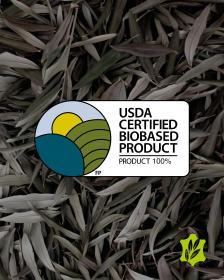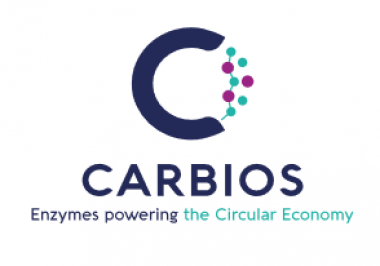wet-green GmbH earns USDA Certified Biobased Product Label
wet-green GmbH announced today that it has earned the U.S. Department of Agriculture (USDA) Certified Biobased Product Label for wet-green® OBE 1 tanning agent for Olivenleder®.
wet-green® OBE 1 is made of 100% biobased raw materials coming from by-products of olive growing, covered by a global patent. wet-green® OBE 1 is applied as a pre-tanning agent and replaces standard tanning technologies e.g. Chromium, Glutaraldehyde, Zeolites etc., is non-corrosive, metal-free, free of synthetic reactive tanning chemicals, formaldehyde-free, glutaraldehyde-free, bisphenol-free, syntan free, viscous, pumpable and pleasant smelling. wet-green® OBE 1 is the next generation vegetable tanning agent suitable for a wide range of leather articles and applied since many years in areas e.g. automotive, upholstery, garments, shoes and accessories.
The wet-green® tanning agent for Olivenleder® can now display a USDA label that highlights its percentage of biobased content. Third-party verification for a product's biobased content is administered through the USDA BioPreferred® Program, which strives to increase the development, purchase, and use of biobased
products.
Biobased products help address climate change by offering renewable alternatives to petroleum-based products; sequester carbon dioxide, lowering the concentration of greenhouse gasses in the atmosphere that contribute to climate change; create and expand markets; are generally safer for people and the environment than their petroleum-based counterparts; and represent incredible technological advances and innovations.
wet-green GmbH





























